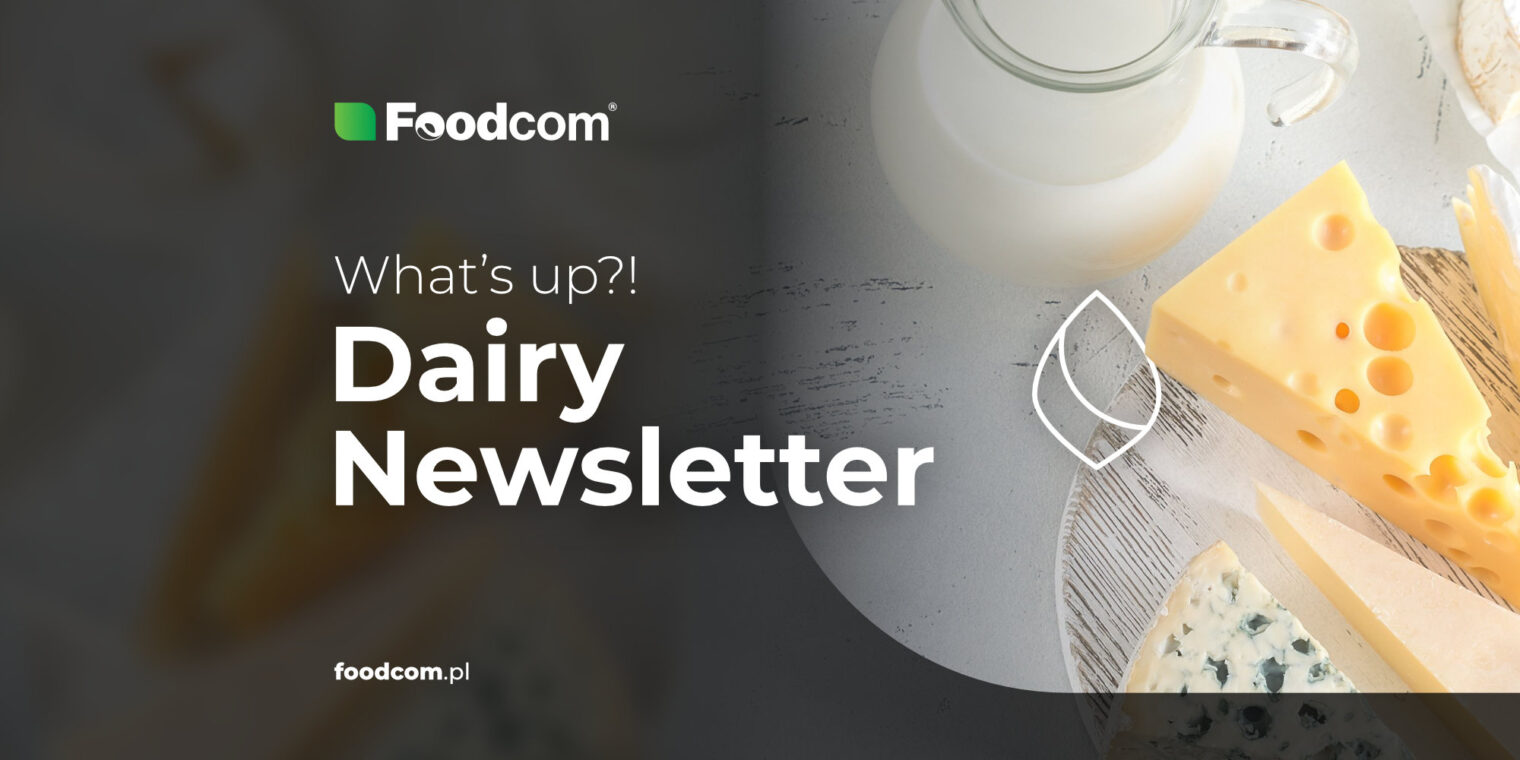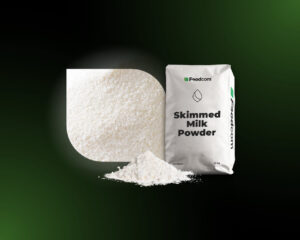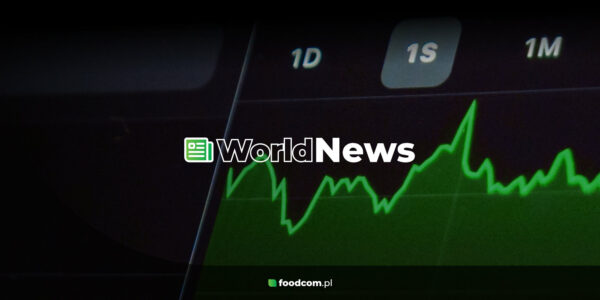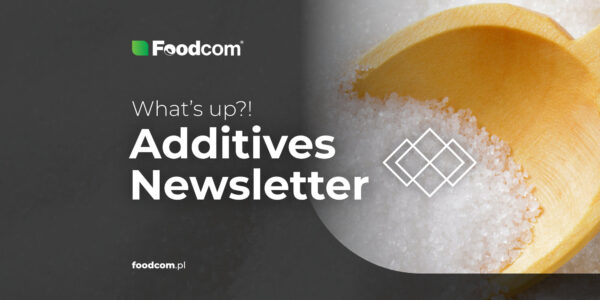- Skimmed Milk Powder and Whey prices remain stable amid global uncertainties, providing a stable base for dairy products.
- Following a sharp rise in the wake of GDP data, butter prices continue their upward trend, impacting both producers and consumers worldwide.
- Changing consumer demand for lactose-free and low-calorie dairy products and growing interest in plant-based alternatives are changing market dynamics and product supply.
Hello Partners!
Welcome back to our Newsletter!
Skimmed Milk Powder and Whey prices remain stable, while cheese markets show mixed trends. Butter prices continue to rise according to GDP data. In the US, farmers are facing declining incomes, while in Ireland changing consumer preferences are boosting demand for alternative dairy products. Trade talks between the UK and Canada post-Brexit are stalling over food safety standards, affecting dairy exports. The key to success lies in the industry’s strategic adaptation to uncertainty.
Let’s take a look at what else is happening in the dairy market!
Products of the Week
Skimmed Milk Powder
Prices for food-grade skimmed milk powder have remained stable, demonstrating their resilience to market pressures. The current price range of 2350 to 2450 EUR/MT reflects a stable environment in which there are no fluctuations caused by producers.
In the Netherlands, the center of milk distribution, prices for skimmed milk powder (DAP NL) for prompt deliveries are unchanged at 2370-2400 EUR/MT. Expectations for the coming quarter point to a potential upswing, with forecasts ranging between 2400 and 2450 EUR/MT and promising a dynamic development.
Whey Powder
Prices for sweet whey concentrate are stable at €500/MT FCA (€550/MT for deliveries to the Netherlands). However, the scenario is more dynamic for sweet whey powder for bulk deliveries to the Netherlands (DAP NL). Estimates for February are around EUR 740/MT, which is significantly lower than the previous week’s figure of EUR 790/MT. Looking ahead to the second quarter, expectations rise to 765 EUR/MT, which gives a picture of the developing market dynamics.
Cheese
Prices for Gouda cheese have increased to 3900-3950 EUR/MT FCA. Mozzarella, meanwhile, remains above the 3500-3550 EUR/MT. Cheddar cheese is characterized by a broader spectrum, ranging from 3950 to 4200 EUR/MT. These fluctuations paint a vivid picture of the constantly evolving market landscape for dairy products.
Fats
After a remarkable increase of 10.3%, triggered by the latest GDT (Global Dairy Trade) figures, butter prices continue to rise. Prices for fresh butter are now between 5500 and 5600 EUR/MT, while prices for frozen Irish butter remain at 5350 EUR/MT. This continued rise reflects the ongoing shifts in the butter market.
Liquid
In Germany, milk prices for deliveries to southern regions have risen from 460 to 470 EUR/MT despite an abundant supply. Although milk production is increasing, it is still below last year’s level. Meanwhile, Ireland is struggling with persistent wet and cold weather, which is hampering the availability of milk and leading to lower supply.
Cream prices are showing signs of traction and are averaging 6200 EUR/MT FCA, fluctuating between 6100 and 6300 EUR/MT. In contrast, prices for skimmed milk concentrate remain stable or are falling slightly, ranging between 2100 and 2200 EUR/MT FCA in Germany. According to some sources, prices have even fallen to 2050 EUR/MT FCA, which is a sign of the complicated balancing act on the milk market.
What else?
USA
The USDA predicts a significant decline in farm income by 2024 due to lower commodity prices, reduced government support and rising production costs. Dairy farmers like AJ Wormuth are suffering from falling milk prices and increasing expenses. Experts advise risk management strategies, such as crop insurance, to limit losses.
Ireland
Bord Bia’s latest study reveals key insights into dairy consumer behavior. Affordability and health considerations are key drivers, with consumers expressing a growing interest in lactose-free milk and low-calorie cheese. While traditional dairy products remain popular, demand for plant-based alternatives is increasing, particularly in categories such as yogurt and powdered cream. The study also highlights certain growth areas within dairy, such as Greek yogurt and fresh semi-skimmed milk, while also pointing out challenges, such as a perceived lack of innovation and blandness in some dairy products.
UK & Canada
Negotiations on a post-Brexit trade agreement between the UK and Canada broke down at the end of January due to disagreements over food safety measures and tariffs, particularly on beef and cheese. Canada’s insistence on a relaxation of UK standards for hormone-treated beef and the introduction of a 245% import tax on British cheese led to the failure. This setback means that the UK’s trading terms with Canada will be less favorable than under the previous agreement with the EU. Last year, the UK exported £198.1 million worth of food to Canada, including cheese as the top product. Farmers support the decision as they have concerns about food safety standards.









